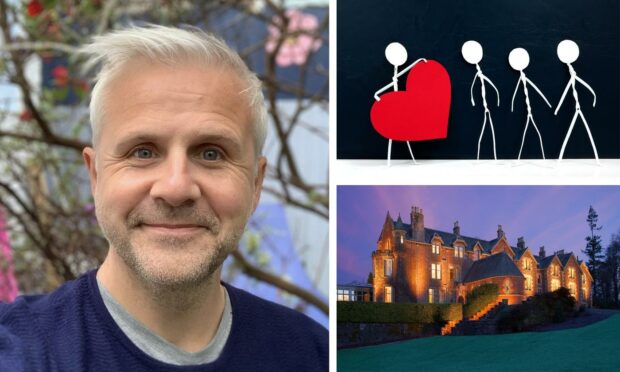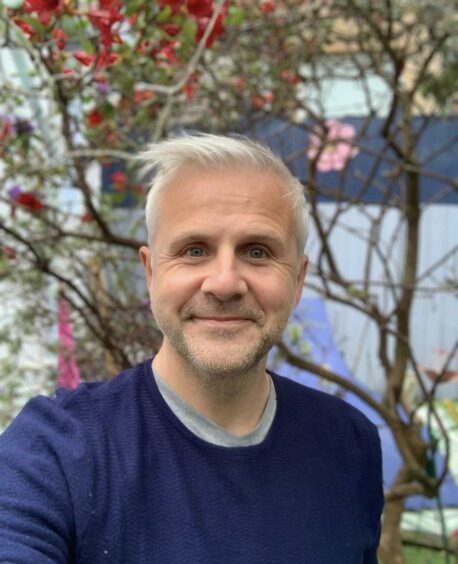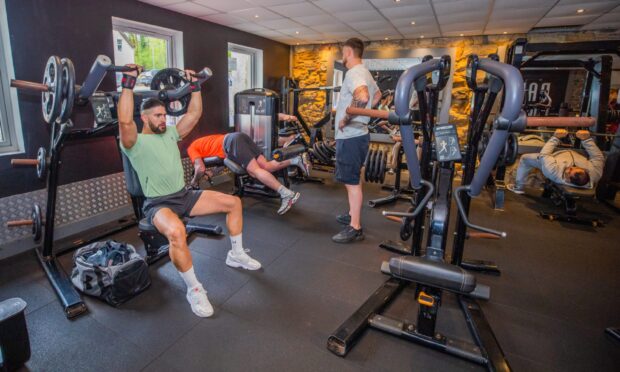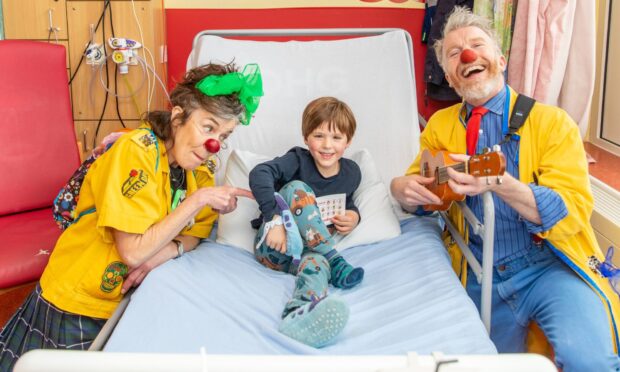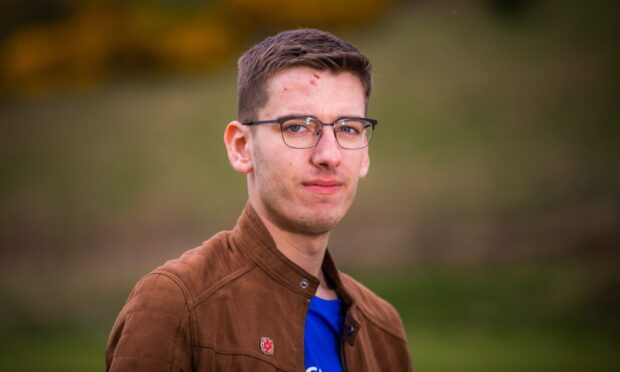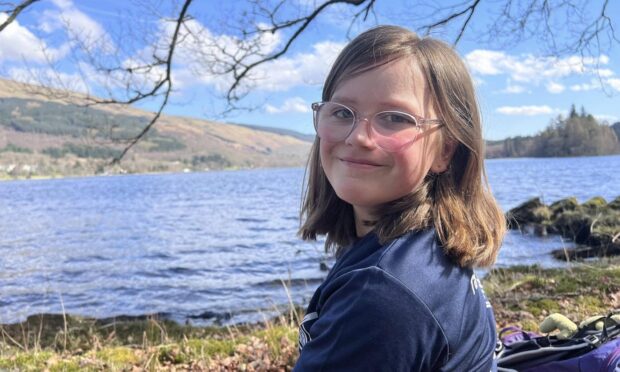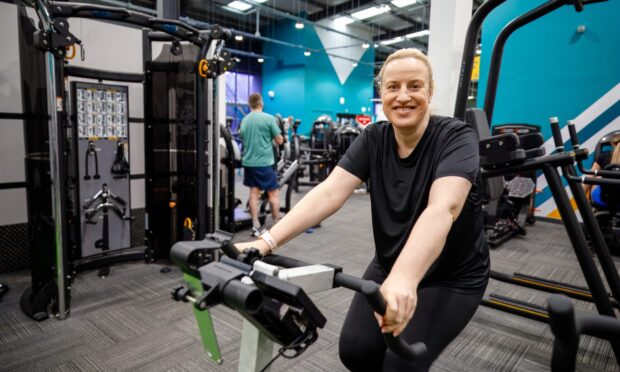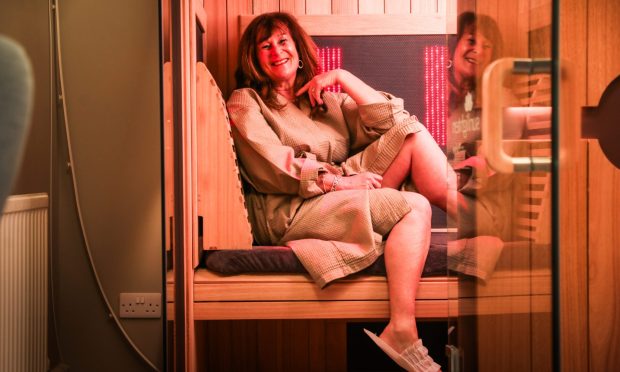A doctor who has spent years researching the impact of kindness on the brain and body will host a “kindness retreat” at Cromlix Hotel in Perthshire.
Dr David Hamilton will headline the retreat at the hotel, owned by Andy Murray, in the new year.
We spoke to Dr Hamilton ahead of the event, to learn more about the science of kindness and why we should all be kinder to each other during hard times, such as the spread of Omicron.
What are the mental health benefits of being kind?
“Kindness improves happiness. It’s an antidote to depression.
“If you look at long-term studies, what you see is not only a happiness improvement, but a long-term protective effect against mild to moderate depression.
“Because of how kindness impacts the brain, it’s almost like it’s neutralising some of the potentially stressful events that could cause us to feel worse.
“It’s not that being kind causes stressful things not to happen. It just takes the sting out of them, so they’re less likely to trigger anxiety and depression.”
Are there any physical health benefits?
“Because of how kindness feels, you actually alter the biochemical balance inside the body.
“‘Kindness hormones’ act on the lining of our blood vessels and turn blood pressure down.
“They’re cardioprotective, which means the hormones protect the cardiovascular system. They bind to the lining of our blood vessels and cause them to relax.
“That causes a reduction in blood pressure. Being kind is good for the heart.
“Another side effect of kindness is it slows the ageing process. If you understand kindness as the opposite of stress, it’s well-known stress speeds up ageing.
“When you get kindness hormones into the cell, this significantly slows the rate of biological ageing of our skin and the inside of our body.”
How can people change their mindsets to ensure they’re being kinder to others?
“I challenge people to do what I call the Seven-Day Kindness Challenge. The idea is to do something kind every day for seven days. But there are three rules:
- You have to do something different every day
- Try to push yourself out of your comfort zone
- One act of kindness has to be completely anonymous
“The challenge takes any need for recognition out of the equation and encourages people to actually think about kindness and the acts they can do within the constrains of their own life.”
Is it important to be kinder to others when going through difficult times such as Covid?
“The pandemic has been really difficult on people’s mental health. Even if you’re feeling good, there are other people who might not be admitting they’re struggling.
“Just reach out to others – even if it’s just a phone call or text. It’s such a sweet thing to have people check in on you.
Happy world Kindness day.
May you be happy
May you be well
May you be safe
May you feel at ease
May you receive some unexpected good news today
May you receive a nice compliment
May you move a noticeable step closer to your dreams
And may you wish these blessings on others. pic.twitter.com/PcM7T51inl— Dr David R Hamilton (he/him) (@DrDRHamilton) November 13, 2021
“Think about a time when you were struggling and what would have helped you – could you provide that for someone else?
“Just being gentle with people is really important right now.”
Do you have any advice on how we can be kinder in daily life?
“Instead of mindfulness, practise ‘kindfulness’.
“Instead of just focusing your mind on your breath, ‘kindfulness’ is where you think of people you care about in your life and list reasons why you care about them.
“It might be things they’ve said or done for you. MRI scans show this works out the area of the brain associated with happiness and joy.
“What this means is it becomes a little bit easier to extract happiness from the everyday moments of life and find the positives.”
